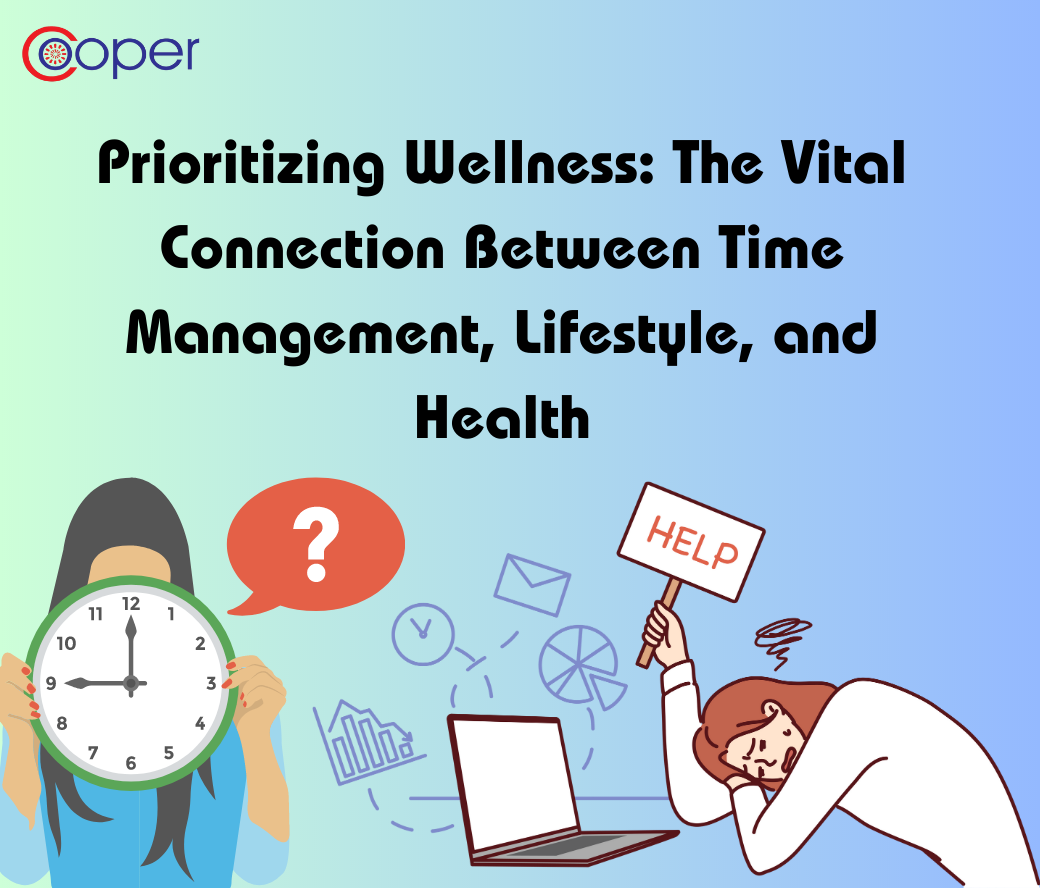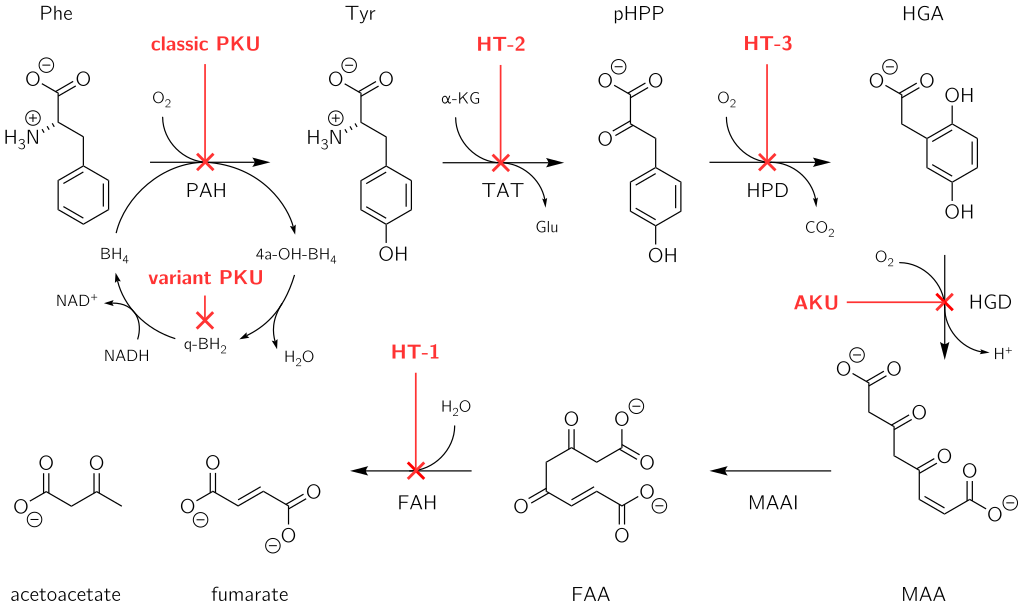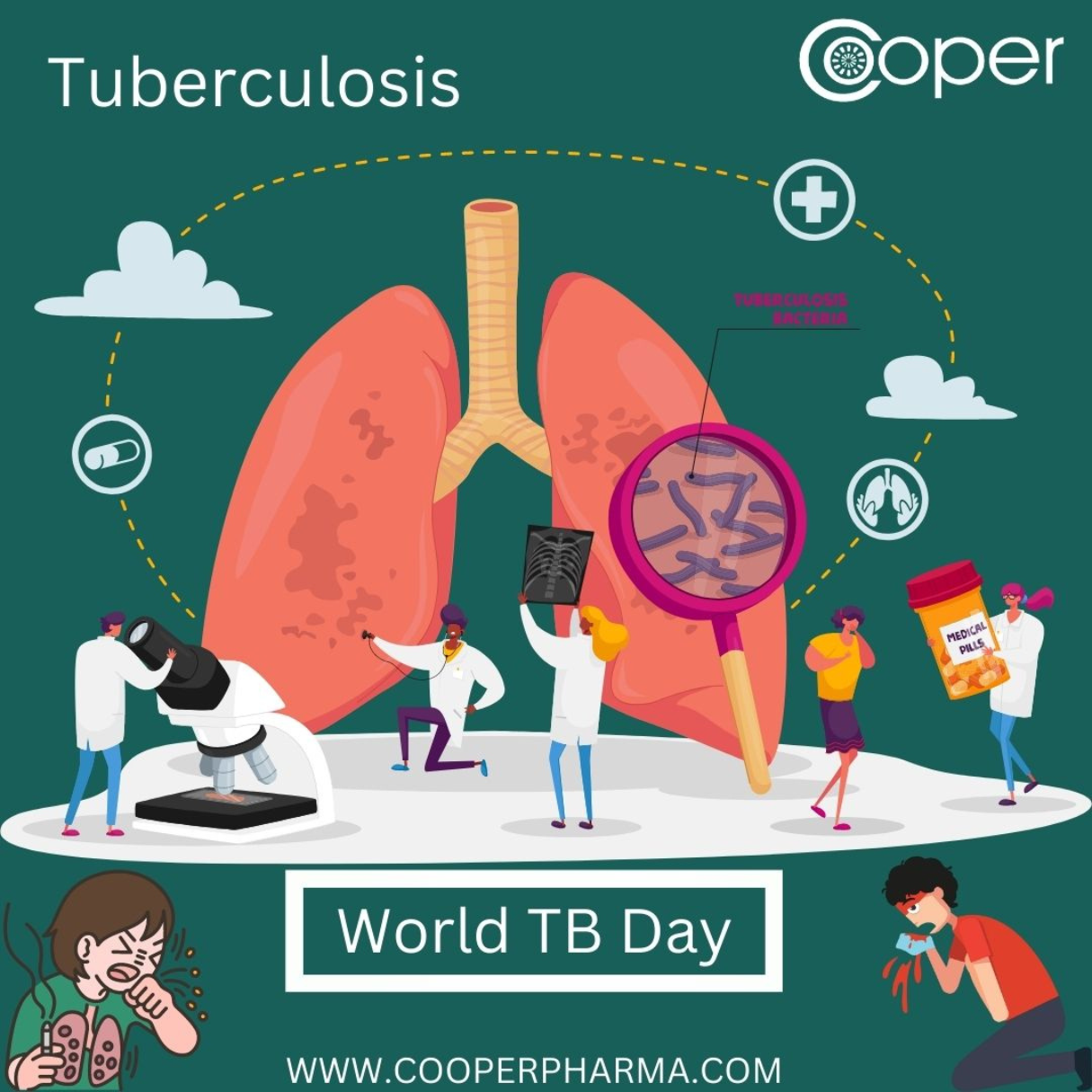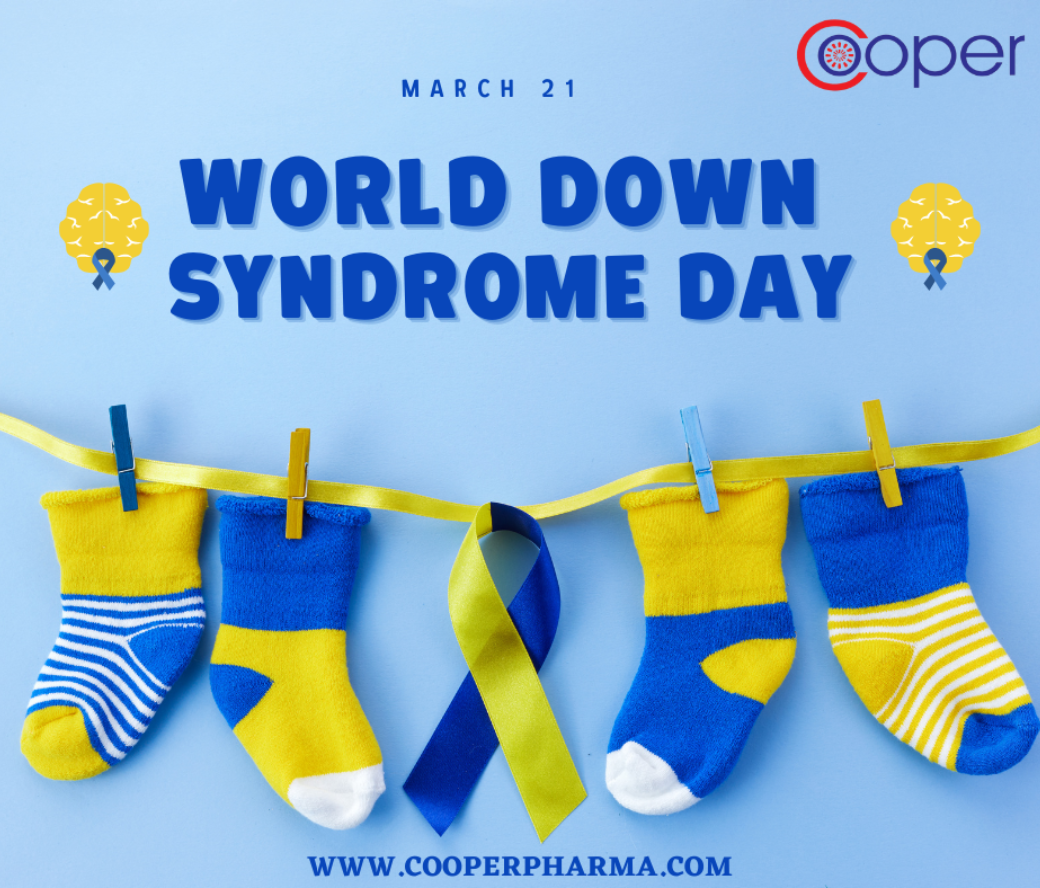The Troubled History of Clinical Drug Trials
Recent Blog

The Troubled History of Clinical Drug Trials
Date:- 2018-03-31 00:00:00
Clinical Drug Trials
Clinical trials are research studies in healthcare science that explore whether a medical strategy, treatment, safety and effectiveness for humans. These may also include prevention, medication, devices, diagnostic products or for relieving symptoms of a disease. These studies also may show which medical approaches work best for certain illnesses or groups of people. Clinical trials produce the best data available for health care decision making. Clinical trials are an invaluable tool in modern medicine.
Clinical trials are one of the final stages of a long and careful research process. The process often begins in a laboratory (lab), where scientists first develop and test new ideas. If an approach seems promising, the next step may involve animal testing. This shows how the approach affects a living body and whether it's harmful. However, an approach that works well in the lab or animals doesn't always work well in people. Thus, research in humans is needed.
For safety purposes, clinical trials start with small groups of patients to find out whether a new approach causes any harm. In later phases of clinical trials, researchers learn more about the new approach's risks and benefits.
A clinical trial may find that a new strategy treatment
• improves patient outcomes;
• offers no benefit; or
• causes unexpected harm
Clinical trials are the most important step in getting a drug approved by the FDA, and without them, no one would know if their medicines were safe. The vast majority of the times, these trials go well, and the medicine is approved for general use. But every once in a while, a clinical trial goes horribly wrong.
Stem Cell Vision Treatment
In January 2017, three women entered a study with their vision and left without it. Their ages ranging from 72 to 88, all three of these women suffered from macular degeneration, an eye disease closely related to old age. The method considered as stem cell therapy, a process that was “both atypical and unsafe” according to several ophthalmology experts.
Just days passed after the procedure completed, all three women reported severe side effects that cause harm including bleeding and retinal detachment. One patient entirely lost her eyesight, while the other two lost the same. None of the patients are expected to recover their sight.
Leukemia CAR-T Trial
In July 2016, three adult leukemia patients died in a trial of a new cellular-level medicine. Named CAR-T, this new treatment option was supposed to attack the malignant cells until they appeared to have vanished. The technology was a known phenomenon of cancer treatment, but hopes were soon lost by the results of the 2016 study.
The cause of death for the three patients was swelling in the brain, medically known as cerebral edema. Representatives from the sponsoring medical company Juno admit that cerebral edema is rather common in patients who have been given CAR-T treatments. This causes reactions in the immune system and increased neurological toxicity. Their practices are currently under FDA review, and it is unclear whether they will be allowed to continue their studies or not.



















.png)


